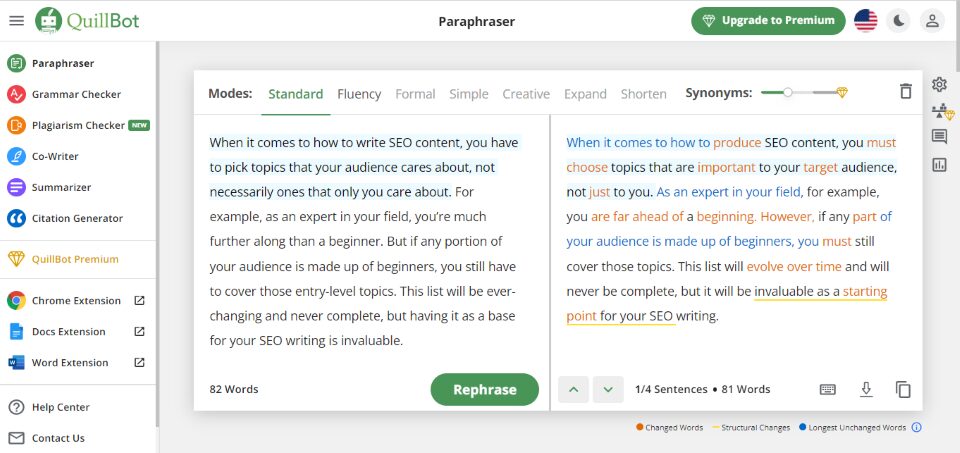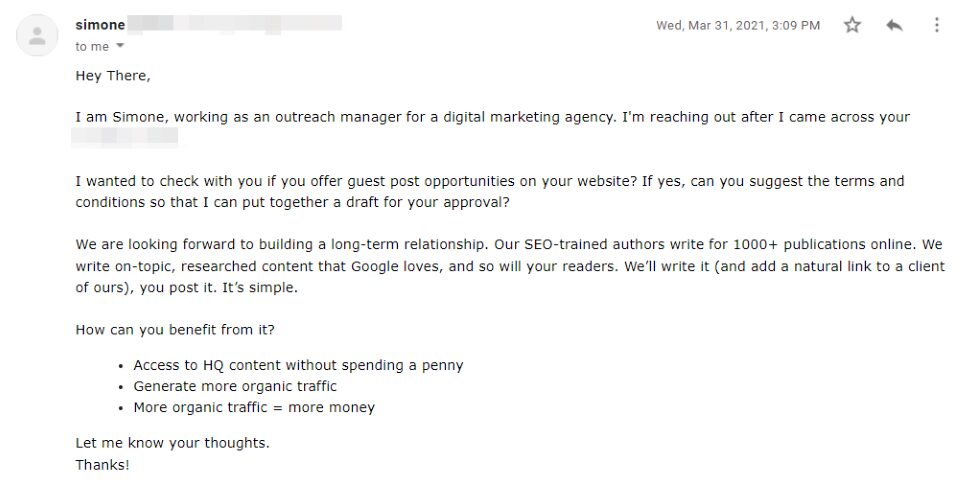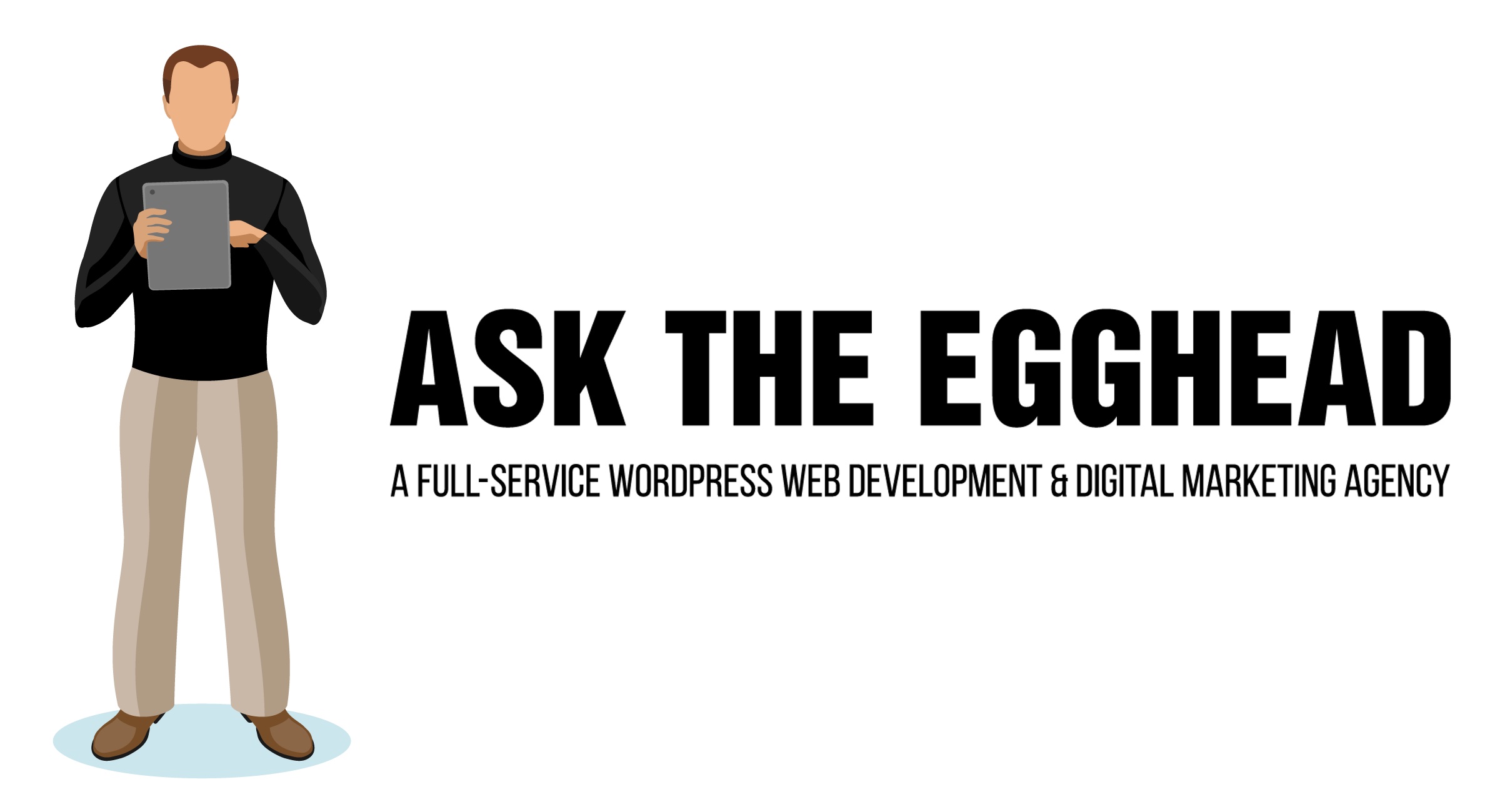It isn’t easy to write about topics that haven’t yet been covered. However, there’s a difference between using other articles as sources of inspiration and reproducing their content on your site. Article spinning can land you in hot water, so it’s important to know what it is and how to avoid it.
In this post, we’ll take a closer look at the practice of content spinning. We’ll discuss its effects on your site’s SEO and why it’s considered an unethical practice. Let’s get started!
What Is Article Spinning?
Article spinning, also known as content spinning, is similar to the practice most of our teachers warned us about in school: plagiarism. However, it might be easier to detect (and avoid).
In the digital world, articles spinning is when someone copies content from another source but swaps out certain words with synonyms to make it seem original. Let’s look at an example:
Original sentence: The child’s parents bought a new house.
Spinned sentence: The kid’s parents purchased a new home.
Of course, content spinning can be more elaborate than that. Typically, it involves large chunks of text, or even entire articles, copied from another source. However, the writer might change a few words and sentences to avoid getting penalized by Google for publishing duplicate content.
Unfortunately, the practice of article spinning is widespread in digital marketing. Some content creators use spinning to create a large number of posts in a short period and attempt to outrank their competitors in the SERPs.
How Is Content Spinning Different from Paraphrasing?
You might be wondering if article spinning is different from other rewriting techniques, such as paraphrasing. When you paraphrase, you usually communicate something in your own words — the meaning of the original content remains the same, but you change the structure, syntax, and often use simpler language to clarify the meaning. You can often paraphrase a long article into a single paragraph or two.
However, some writers might use an AI rewriter tool, such as QuillBot to attempt to paraphrase text:

In the screenshot above, we paraphrased a piece of text from one of our articles. As you can see, the tool produced a very similar result, using synonyms and occasionally modifying the structure of a sentence. This new text is more like content spinning than paraphrasing. Paraphrasing tends to summarize and consolidate ideas. This tool did not do that.
Many article spinners use these tools to quickly produce multiple rewrites of the same post. There’s not much difference between content spinning and paraphrasing in this scenario.
You might also have also realized that these AI-based tools will often produce grammatical errors and poorly structured sentences. In fact, it can be very easy to tell when AI has created an article.
In contrast, text that has been rewritten or paraphrased by a human might contain fewer errors. It would also read more naturally and possibly sound more authentic.
Is Article Spinning Bad for SEO?
In most cases, digital marketers use article spinning to build backlinks. For instance, let’s say you run a blog. You might often receive emails from SEO marketers offering to contribute an “original” article to your website. These posts will usually contain links to their clients’ sites:

Some brands pay marketers and SEO experts to help them get backlinks on other sites. They might request articles on specific topics, and the writer may use a paraphrasing tool or rewrite posts to deliver results as quickly as possible. Therefore, you can probably find that same article on many other sites, but with slightly different wording.
This SEO technique might benefit the brand, as you can earn backlinks from various websites. However, it can also harm your site. As we mentioned earlier, Google penalizes duplicate content. Therefore, article spinners try to fool the algorithms by using different words and slightly changing the content structure.
However, Google’s algorithms have become very good at identifying spammy content. The Panda and Penguin updates in 2011 and 2012 aimed to penalize users who engaged in black hat SEO techniques. These included link schemes and keyword stuffing.
Since then, the search engine has refined its algorithms to target article spinning, seeing it as plagiarism. Therefore, if you publish plagiarized content on your site, you risk getting a penalty.
Typically, a Google penalty results in a massive drop in search rankings. In the worst-case scenario, your content might even be removed entirely from search results. And not just the content from the spinner. All your content.
Additionally, Google favors high-quality and fresh content. Articles from AI spinners tend to be poorly written and can therefore hurt your rankings.
Is Content Spinning Ethical?
As we have explained, content spinning is a form of plagiarism. It involves copying content from other sources and presenting it as your own. When used in such a way, it is an unethical practice — in fact, you’re stealing copyrighted material.
Of course, you might write articles similar to those published by your competitors. You might even cover similar topics and ideas. However, if you’re not careful, you might be accused of copying their content. Some brands take plagiarism very seriously, and they might decide to take legal action against you. Thus, not only is article spinning unethical, but it can also be a breach of copyright law.
Fortunately, there are some things you can do to avoid this:
- Refrain from using AI-based paraphrasing tools.
- Use your own voice and approach common topics from different angles.
- Use a plagiarism checker to make sure you haven’t inadvertently copied someone else’s content.
Additionally, you’ll want to be wary of writers or marketers offering to publish articles on your site. Even if they offer you a nice sum of money, it might not be worth the trouble.
A poorly written article with unoriginal or plagiarized content won’t help you perform better in search engines. And remember, Google and other search engines could even penalize you for it.
Conclusion
Article spinning is, unfortunately, a common practice among content creators and digital marketers. It involves creating multiple versions of the same post but swapping out words with synonyms and slightly modifying a few sentences rather than actually rewriting an article to approach a topic from a different angle.
Site owners usually do this to build backlinks or rank higher in search results. However, article spinning can harm your SEO. You might receive a Google penalty for publishing plagiarized content. Additionally, it’s an unethical practice that can land you in legal hot water.
Do you have any questions about article spinning? Let us know in the comments section below!
Featured image via eamesBot / shutterstock.com
The post What Is Article Spinning? And Is It Bad for SEO? appeared first on Elegant Themes Blog.




